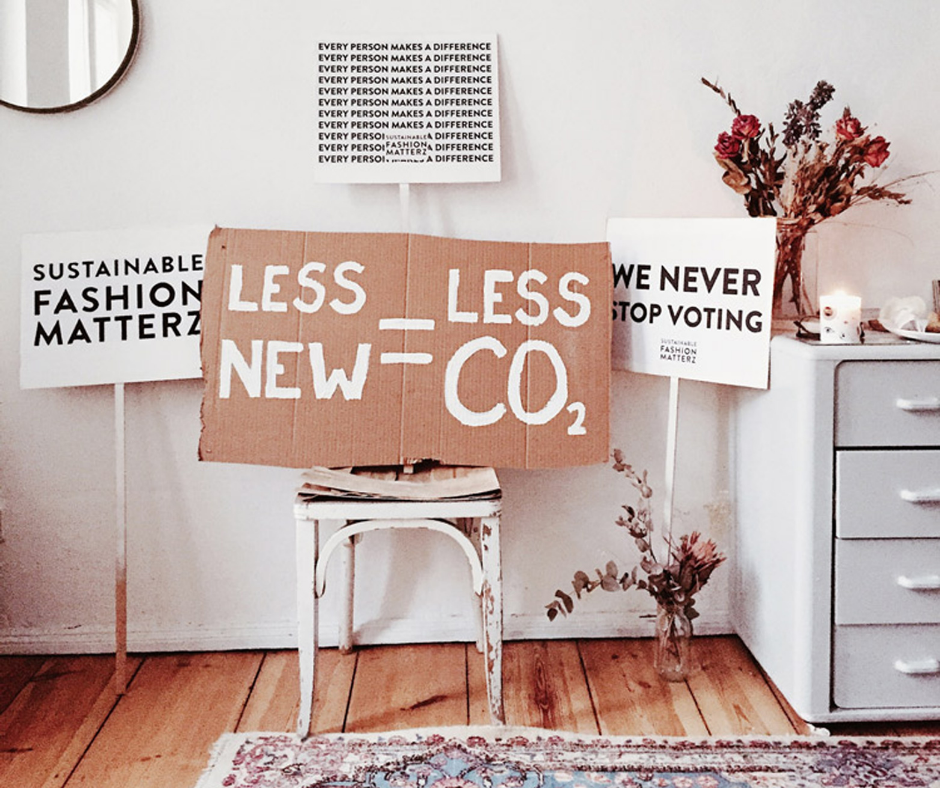
Ecology on a budget
Today, we live under the false assumption that sustainable living is expensive, especially when first starting out. Influencer culture is partly to blame as it promotes a luxurious portrayal of green, sustainable and cruelty free items, but that’s not what ecological lifestyle is really about. Yes, in some instances going green can be seen as an investment, but there are more ways than one to bypass the initial expenses. Especially when you are a student on a budget. Here are six tips to make it a little bit easier for you.
Buy less
Somewhat of a golden rule in an ecological lifestyle, is to simply buy less. This is the biggest pitfall for many influencers, who are often paid to promote items. Buying less is the cheapest and most effective way to reduce your carbon footprint, but also your expenses. If you do buy, however, try to gravitate more towards items that will last you longer than one season. They may be more expensive at first, but by wearing your items longer it’ll be less invasive on your long-term budget. This only works if you do indeed buy less otherwise.
Thrifting
To cultivate sustainable shopping habits for clothes and furniture, consider going to second hand stores. Thrift stores like De Kringwinkel or online platforms like Vinted are great options for thrifting. By purchasing items that have already been used before, you don’t only bring new life to old items but it’s also a great way to buy quality pieces for a very low price. It can also make for a fun outing with your friends. Selling your own clothes after you’re done using them, also allows you to earn some money in the process.



Thrifting is a great way to reduce your carbon footprint and save some money.
Backpacking
When it comes to your groceries, never go shopping without your backpack. It’s a simple trick that will help you transport your items more comfortably and save you money that is often wasted on disposable bags. Although purchasing reusable bags at the checkout desk is still somewhat of a green move, people have a tendency to forget to bring them for shopping. This unfortunately defeats their purpose.



When it comes to grocery shopping, a backpack will always have your back.
Re-purpose
If you do end up with unnecessary bags or packaging, try to re-purpose them as much as possible. You can, for example, use the bowl of tomato sauce you used to cook to save your leftover spaghetti bolognese in the fridge for later. You can also use disposable plastic bags to contain and transport your trash.
Reduce, don’t replace
If you want to reduce your waste even further, try to downgrade your consumption of soft drinks, by drinking water on a daily basis instead. You don’t have to stop enjoying soft drinks, but consuming less of it will make quite the difference on your carbon footprint and budget. The same goes with eating more veggies. You don’t have to go as far as to become vegan, but you can simply reduce your meat consumption to a few times a week instead. It’s healthier, environmentally friendly and cheap.
Invest in water
When it comes to water, you can choose to invest a little bit by buying a sustainable water bottle and a water filter to make your tap water drinkable. It will save you a lot of money long term, and will allow you to reduce your trash significantly. This in turn will save you a few trips to the recycling bin.



Say no to plastic bottles by investing in a reusable water bottle and drinking tap water.
Good luck and remember: living sustainably doesn’t need to be a luxury, you can do it too.
Text: Nickie Vandenbrouck, pictures: Cherie Birkner and various other artists from Unsplash and Pixabay



